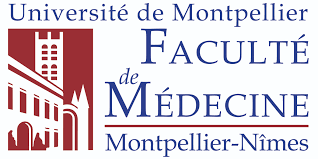Our Maxillofacial Physiotherapist has a University Degree in Maxillofacial Rehabilitation from the Faculty of Medicine of the University of Montpellier.
She previously practiced in Paris, were she was referred by the main experts in maxillofacial surgery of Paris, including the maxillofacial surgeons of the Pitié Salpétrière hospital in Paris.

Please be aware that patients may not require all components of the treatment all the time.
Treatment length depends on clinical situation and medical history of each patient.
The jaw or Temporo-Mandibular Joint (TMJ) have muscles which are connected to the neck. Consequently, any neck pain or discomfort would need to be assessed with the TMJ and reciprocally.
During the assessment, we consider for instance any symptoms such as abnormal movements of the mandible, muscle spasms, pain, migraines, reduce mouth opening, discomfort, abnormal sound when opening the mouth (“clicking”) …
TMJ is an important joint for speaking, eating, chewing. At Be Well Physiotherapy, we consider important to prevent any TMJ disorders which may occur in long term. So, our physiotherapist, will tell you during the assessment if your TMJ presents abnormalities without any clear noticeable symptoms. These abnormalities could be for instance, abnormal position of your bones at rest, muscle spasms, abnormal movement when opening the mouth…
According to the initial assessment, our Physiotherapist, Katia, can treat either the jaw or the neck, but also, both areas when required. It will be beneficial in long term.
At Be Well Physiotherapy, we can help you with orofacial pain, but also, we can teach you how to avoid relapses by eliminating habits related to your complaints.